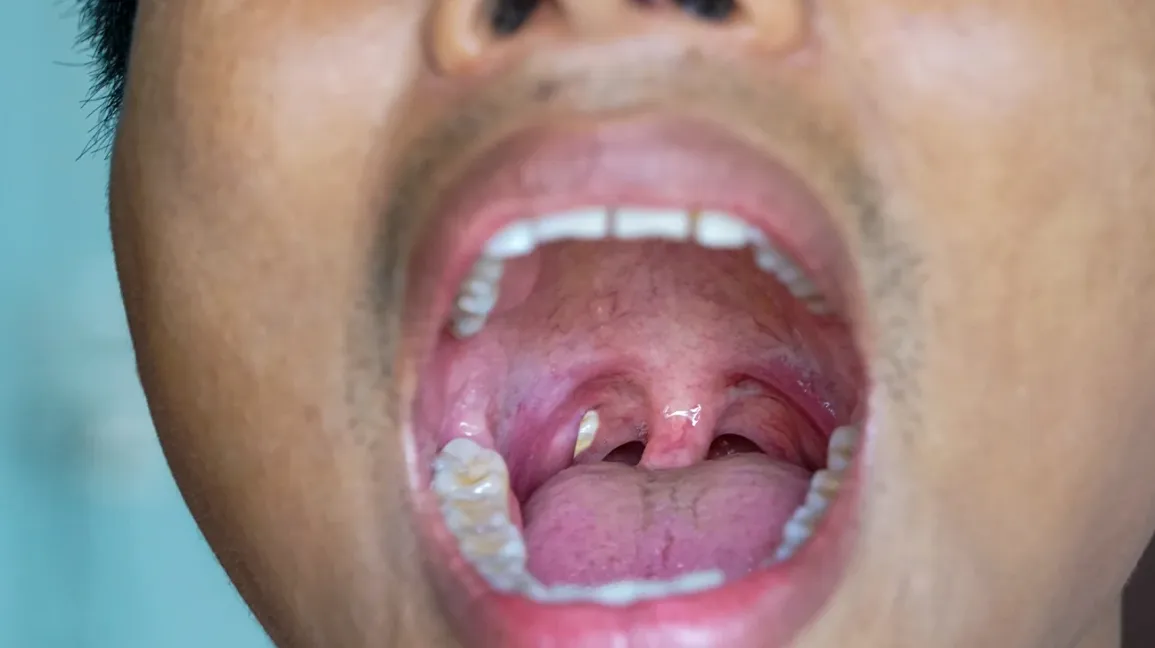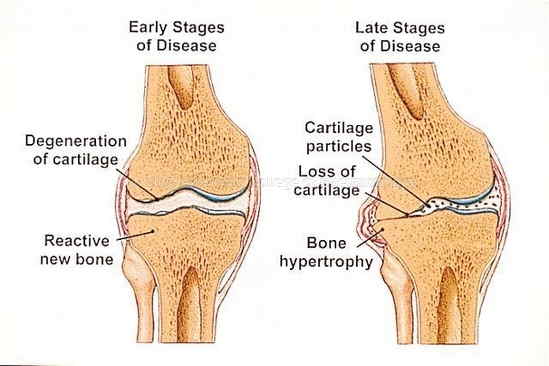If you are a man in your 50s, prostate health is something that you should take seriously, although it is never too early to have regular screening for prostate cancer. A rectal exam to look at the prostate is not the most pleasant thing, but it literally can save your life, and like those annual dentist visits, just has to be done.
The prostate is an important gland in the male body. It is about the same shape and size as a walnut, and is located below the bladder, in front of the rectum. It is responsible for producing some of the fluid present in your semen, and it also surrounds the tube through which your urine passes on its way out of your body. Unfortunately, the prostate can grow as we age, and that enlargement can cause problems as the enlarged prostate can prevent the urine from passing easily through that tube.

The prostate can also become cancerous, and prostate cancer is one of the commonest types of cancer in men; around 15 percent of American males will get prostate cancer, and the likelihood increases with age. Other causes of prostate cancer in men include being overweight, smoking, a poor diet, exposure to certain chemicals and having an inflamed prostate. Understanding the symptoms of prostate cancer is essential when it comes to good prostate health, and these include difficulty urinating, a feeling of having a full bladder after urinating, and urinating a lot at night.
If you have any of the above symptoms, your doctor may suggest a rectal exam. The procedure can potentially check for any indications of an enlarged prostate or of the presence of prostate cancer, and it involves your doctor inserting a finger in your rectum to feel your prostate gland. A biopsy may also be needed, in which a probe is inserted into the rectum. The quick and painless procedure allows tissue to be taken from the prostate and then examined. Further tests to check for cancer may include a blood test designed to measure your PSA (prostate specific antigen) levels in the blood.
If tests indicate an enlarged prostate, there are various treatments available, including medication and surgery. Your overall health, the severity of the symptoms and your personal preferences will decide which option is the best. The various medications available are designed to either minimize the symptoms, prevent the prostate from growing any larger, or shrink it. Microwave thermotherapy – or heat energy treatment – is also effective in shrinking part of the prostate, and surgery options include making small cuts in the prostate gland, and destroying the excess tissue with a laser.
Good prostate health is important for men, especially those aged over 50. Understanding what the prostate does, what the symptoms of an enlarged prostate and cancer are, are all important. And one of the most important things you can do is make yourself have that prostate exam on a regular basis – it really isn’t as bad as it sounds.

Neil is a health blog author and editor for a variety of publications. He has written on a wide range of topics, from fitness to nutrition to mental health. He loves working with people who are passionate about improving their lives through bettering their bodies and minds by eating right and staying active as well as those who want to improve their mental health by living life authentically without feeling ashamed or embarrassed about what they’ve been through.











